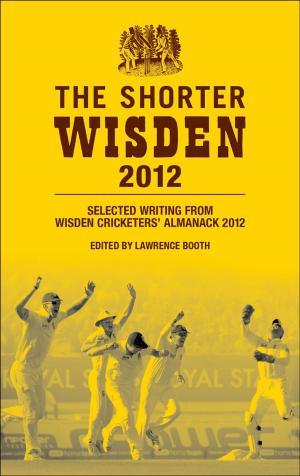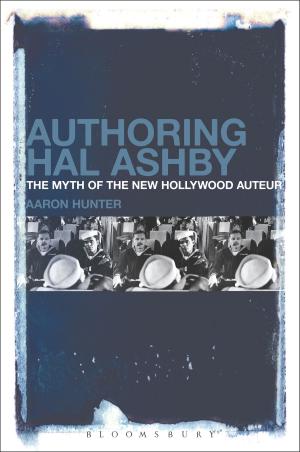Dissonant Archives
Contemporary Visual Culture and Contested Narratives in the Middle East
Nonfiction, Art & Architecture, General Art, Art History, Social & Cultural Studies, Political Science, History| Author: | ISBN: | 9780857739735 | |
| Publisher: | Bloomsbury Publishing | Publication: | July 16, 2015 |
| Imprint: | I.B. Tauris | Language: | English |
| Author: | |
| ISBN: | 9780857739735 |
| Publisher: | Bloomsbury Publishing |
| Publication: | July 16, 2015 |
| Imprint: | I.B. Tauris |
| Language: | English |
The 'archive' is often viewed as a collection of historical documents that records and orders information about people, places and events. This view nevertheless obscures a crucial point: the archive, whilst subject to the vagaries of time and history, can also determine the future. This point has gained urgency in modern-day North Africa and the Middle East where the archive has come to the fore as a site of social, historical, theoretical, and political contestation.
Dissonant Archives is the first book to consider the ways in which contemporary artists from the Middle East and North Africa – including Emily Jacir, Walid Raad, Jananne Al Ani, Basel Abbas and Ruanne Abou-Rahme, Mariam Ghani, Zineb Sedira, and Akram Zaatari – are utilizing and disrupting the function of the archive and, in so doing, highlighting a systemic, perhaps irrevocable, crisis in institutional and state-ordained archiving across the region. In exploring and producing archives, be they alternative, interrogative or fictional, these artists are not simply questioning the authenticity, authority or authorship of the archive; rather, they are unlocking its regenerative, radical potential. The result provides essential insights into the nexus between art and politics in the contemporary Middle East.
The 'archive' is often viewed as a collection of historical documents that records and orders information about people, places and events. This view nevertheless obscures a crucial point: the archive, whilst subject to the vagaries of time and history, can also determine the future. This point has gained urgency in modern-day North Africa and the Middle East where the archive has come to the fore as a site of social, historical, theoretical, and political contestation.
Dissonant Archives is the first book to consider the ways in which contemporary artists from the Middle East and North Africa – including Emily Jacir, Walid Raad, Jananne Al Ani, Basel Abbas and Ruanne Abou-Rahme, Mariam Ghani, Zineb Sedira, and Akram Zaatari – are utilizing and disrupting the function of the archive and, in so doing, highlighting a systemic, perhaps irrevocable, crisis in institutional and state-ordained archiving across the region. In exploring and producing archives, be they alternative, interrogative or fictional, these artists are not simply questioning the authenticity, authority or authorship of the archive; rather, they are unlocking its regenerative, radical potential. The result provides essential insights into the nexus between art and politics in the contemporary Middle East.















